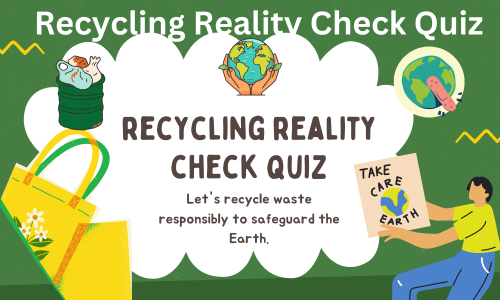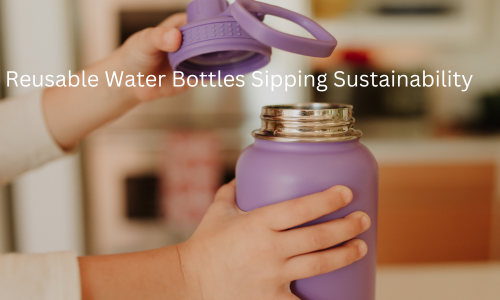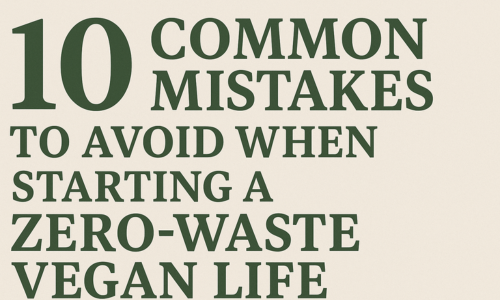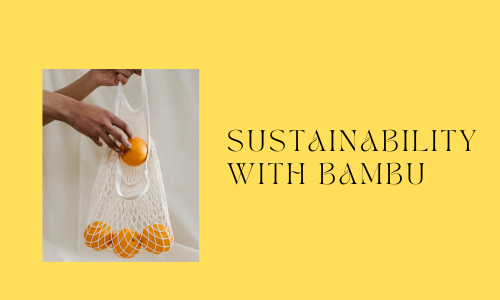This site may contain links to affiliate websites, and I may earn a commission for any purchases made through those links at no additional cost to you.

Recycling Reality Check Quiz
Welcome to the Recycling Reality Check Quiz! Do you know the best ways to reuse materials and save natural resources? Test your knowledge and learn more with me! I understand that recycling can be confusing, so I’ve created this quiz to provide valuable insights into recycling best practices. By taking this quiz, you can test your knowledge and gain some easy tips to contribute to a greener planet.
☐ 1. True or False: Recycling helps reduce waste and conserve resources.
☐ 2. Which of the following items is typically accepted in curbside recycling programs:
a) Glass bottles
b) Styrofoam containers
c) Plastic bags?
☐ 3. What is the purpose of rinsing recyclables before placing them in the recycling bin?
a) To make them look cleaner
b) To prevent contamination
c) To increase recycling revenue
☐ 4. How can you encourage others to recycle more?
a) Lead by example
b) Ignore recycling altogether
c) Throw recyclables in the trash
☐ 5. True or False: Recycling reduces the energy needed to produce new products.
☐ 6. Which of the following materials can be recycled indefinitely without losing quality:
a) Plastic
b) Aluminum
c) Paper
☐ 7. How should you dispose of electronic waste responsibly?
a) Throw them in the trash
b) Recycle them at designated drop-off locations
c) Bury them in the backyard
☐ 8. True or False: Recycling reduces pollution and conserves natural resources.
☐ 9. What should you do with plastic bags before recycling them?
a) Throw them in the recycling bin as is
b) Bundle them together
c) Take them to designated drop-off locations
☐ 10. What is the purpose of composting?
a) To increase waste production
b) To create nutrient-rich soil
c) To promote pollution
☐ 11. Which of the following items is not typically accepted in curbside recycling programs:
a) Paper
b) Glass
c) Styrofoam?
☐ 12. True or False: Recycling helps reduce greenhouse gas emissions.
☐ 13. What should you do with old clothing that is no longer wearable?
a) Recycle them
b) Donate them
c) Throw them in the trash
☐ 14. How can you minimize packaging waste when shopping?
a) Bring your own reusable bags
b) Use single-use plastic bags
c) Ignore packaging waste
☐ 15. Which of the following is a benefit of recycling:
a) Reducing landfill waste
b) Increasing pollution
c) Depleting natural resources?
☐ 16. What should you do with old documents containing personal information before recycling them?
a) Shred them
b) Recycle them as is
c) Throw them in the trash
☐ 17. True or False: Recycling conserves water resources.
☐ 18. How can you reduce contamination in your recycling bin?
a) Throw everything in one bin
b) Only recycle clean materials
c) Ignore sorting materials
☐ 19. What is the first step in the recycling process?
a) Collection and sorting
b) Processing
c) Disposal
☐ 20. How can you promote recycling awareness in your community?
a) Host educational events
b) Ignore recycling altogether
c) Spread misinformation about recycling
☐ 21. True or False: Recycling paper helps save trees.
☐ 22. What should you do with old appliances that are no longer working?
a) Recycle them
b) Throw them in the trash
c) Leave them in the backyard
☐ 23. How can you minimize single-use plastic consumption in your daily life?
a) Use reusable alternatives
b) Use single-use plastics whenever possible
c) Ignore single-use plastics
☐ 24. True or False: Recycling is the same as trash disposal.
☐ 25. What is the purpose of the recycling symbol on products?
a) Indicates that the product is recyclable
b) Indicates that the product is not recyclable
c) Has no significance
☐ 26. What should you do with old batteries?
a) Recycle them
b) Throw them in the trash
c) Leave them in the backyard
☐ 27. True or False: Recycling saves energy compared to producing new materials from raw resources.
☐ 28. What should you do with old electronics that are no longer functioning?
a) Recycle them at designated drop-off locations
b) Throw them in the trash
c) Bury them in the backyard
☐ 29. How can you ensure that your local recycling facility is equipped to handle certain materials?
a) Contact the facility
b) Ignore the issue
c) Assume they can handle anything
☐ 30. True or False: Recycling reduces the need for landfills.
☐ 31. What should you do with old paint cans?
a) Recycle them
b) Throw them in the trash
c) Pour the paint down the drain
☐ 32. How can you properly dispose of hazardous materials like batteries and chemicals?
a) Take them to designated drop-off locations
b) Throw them in the trash
c) Pour them down the drain
☐ 33. True or False: Recycling aluminum saves energy compared to producing new aluminum.
☐ 34. What should you do with old medications?
a) Dispose of them properly
b) Flush them down the toilet
c) Leave them in the medicine cabinet
☐ 35. How can you reduce energy waste when using electronic devices?
a) Turn them off when not in use
b) Leave them on all the time
c) Ignore energy waste
☐ 36. True or False: Recycling helps conserve natural resources.
☐ 37. What should you do with old light bulbs?
a) Recycle them
b) Throw them in the trash
c) Leave them on the floor
☐ 38. How can you minimize food waste in your household?
a) Plan meals
b) Throw away leftovers
c) Ignore food waste
☐ 39. True or False: It’s important to rinse out recyclable containers before placing them in the recycling bin.
☐ 40. How can you dispose of old tires responsibly?
a) Recycle them
b) Throw them in the trash
c) Leave them on the side of the road
Let me know if you need further assistance!




